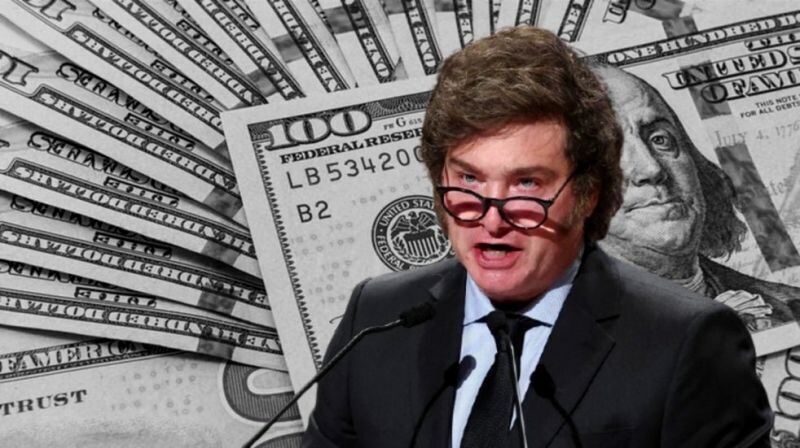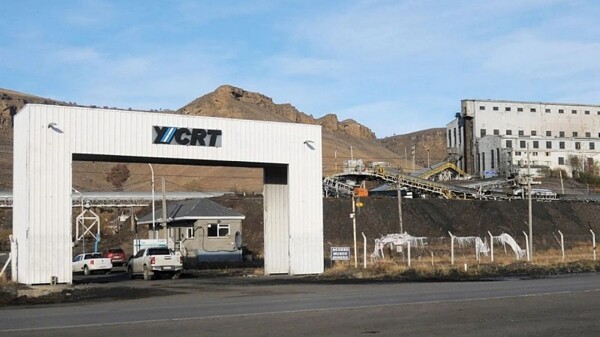
According to Milagros Gismondi, an economist at Cohen Aliados Financieros, the Argentine economy is currently affected by uncertainty and volatility in international markets, although a global economic crisis is not foreseen. Gismondi highlights that the accumulation of net reserves is one of the weak points of the current economic program and that it is crucial for the country and its population to maintain an adequate level of productivity.
The debate on the exchange rate and the accumulation of reserves seems to be at the center of the discussion. Following the payment of January coupons, there is an increasing skepticism in financial markets. The drop in demand for dollars after February is a mystery that concerns analysts, who warn about the importance of strengthening in the face of possible sharp movements in the exchange rate.
In this regard, the possibility of reaching an agreement with the International Monetary Fund is raised, which could provide some stability to the exchange rate and generate backing for the Argentine economy. However, there are also risks in this scenario, especially regarding taking dollar loans and their subsequent repayment.
The Argentine financial market shows signs of caution, and the year is expected to be challenging for emerging markets in general. The local economy maintains its trajectory of adjustments and reforms, seeking to improve its fundamentals and show solidity at the international level.
Regarding President Javier Milei, his concern for maintaining calm in the market regarding the exchange rate is highlighted, recognizing the importance of generating confidence and stability in the economic sphere. Economist Milagros Gismondi emphasizes that, beyond daily fluctuations, the Argentine economic fundamentals are what truly impact market behavior.














